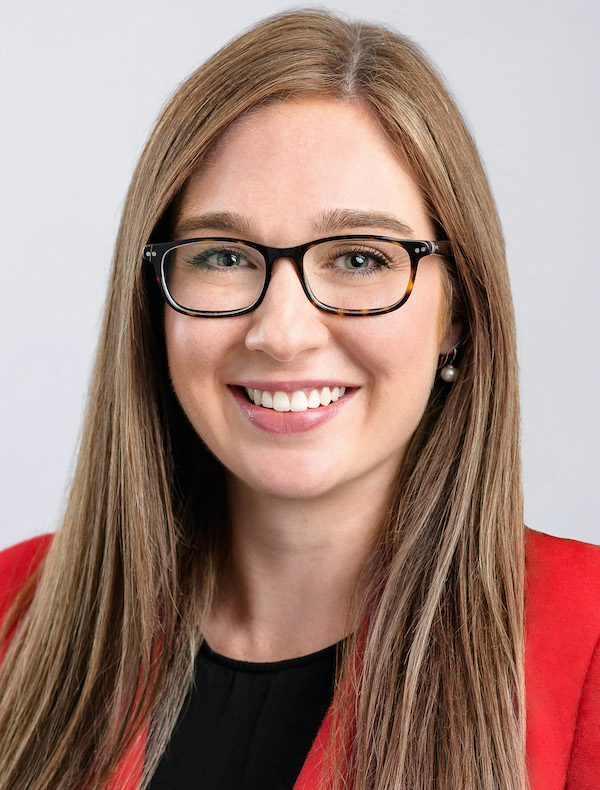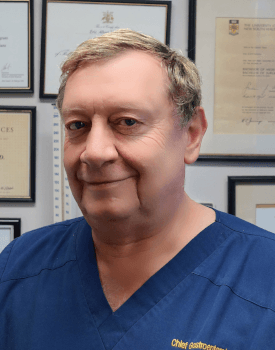CROHN’S DISEASE
CROHN’S DISEASE
Characteristics
The entire intestinal tract can be affected with chronic inflammation. Any age is susceptible but a bimodal peak is present in the young adult and the 7th decade. Any combination of areas may be present, the commonest being ileocaecal disease with or without perianal involvement. Other systemic manifestations may occur including sero-negative arthritis, iritis, oxalate renal calculi, inflammatory skin lesions, and sclerosing cholangitis. Like ulcerative colitis, their presence reflects the disease severity. Increasing scientific knowledge of Crohn’s Disease is yielding associations with genetic loci. The CARD-2 gene may be mutated in certain families. This may disturb epithelial cell membrane integrity to allow transmigration of certain luminal bacteria and a granulomatous reaction. Smoking is associated with increased risk and activity of the disease.
Presentation
Patients with severe colonic involvement are extremely unwell with anaemia, diarrhoea and rectal bleeding. Small bowel disease often has obstructive cramps with chronic diarrhoea. The history may, on average, be seven years before diagnosis. Tenderness or a mass may present in the right iliac fossa. Malabsorption can develop. Perianal disease can present with abscesses and fistulae. Recurrent suppurative infection and faecal soiling gives a poor quality of life.
Diagnosis
The diagnosis is usually easy in the younger patient with chronic diarrhoea, weight loss and abdominal pain. Many patients do not have classical symptoms and are difficult to diagnose. Stool microscopy and culture, FBC, CRP and ESR may not always be abnormal. Small bowel barium follow-through is likely to detect the majority of cases of ileal disease. In some, only a colonoscopy and ileoscopy will be accurate. Aphthous ulcers, deep fissuring ulcers, and inflammation with skip areas are characteristic. Granulomas may not always be found on biopsy. The diagnosis is then to be made on the clinical pattern of the disease.
Treatment
The medicines used to treat Crohn’s Disease are mostly the same as those used for ulcerative colitis, however there are some differences. Medicines like mesalazine are of less benefit in Crohn’s Disease. Therefore, as long-term steroid therapy is not advisable because of the risk of side effects, immunomodulators (azathioprine, 6-mercaptopurine or methotrexate) are used both more commonly and earlier in Crohn’s Disease compared to ulcerative colitis. These drugs are used both to help control the inflammation and as maintenance therapy. These immunomodulators generally take some weeks to exert their full effect however, and because of this, active Crohn’s Disease is generally initially treated with steroids (prednisolone) either as tablets (if you are well enough to be a home) or intravenously through a drip (if you are too sick to be at home and must stay in hospital). Sometimes, antibiotics are also used, especially if you have complications of your disease. Where standard drug treatment is ineffective, other new generation therapies may be used. These generally target the inflammation of Irritable Bowel Disease more powerfully. These newer drugs are licensed for use in Australia but are expensive, and government subsidy is not available for all patients. Your doctor can discuss this with you in more detail if it is thought to be required.
OUR SPECIALISTS
SERVICES
OUR ADDRESS
| Level 10 & 11, 1 Newland Street Bondi Junction NSW 2022 |
| Level 10 : Procedures |
| Level 11 : Consultations |








